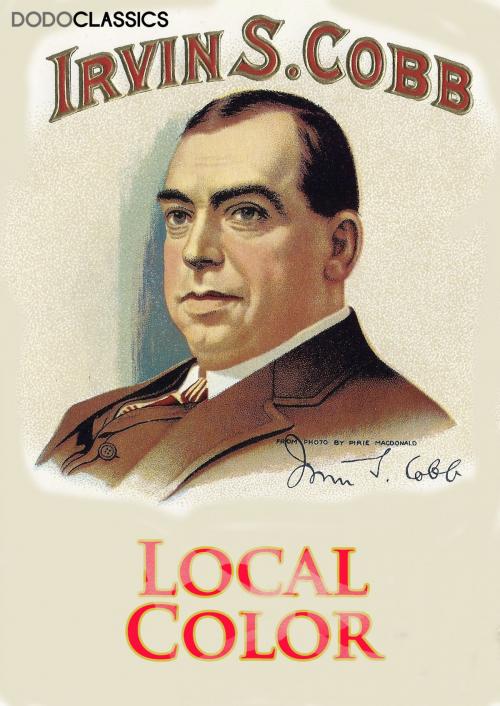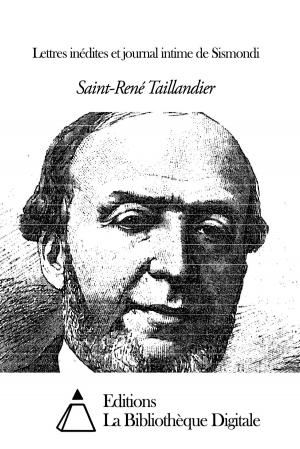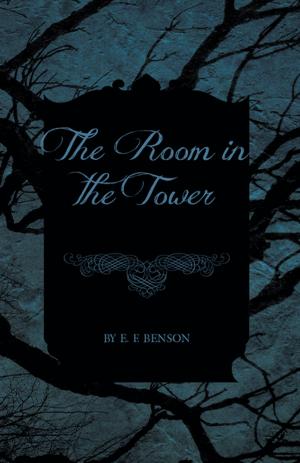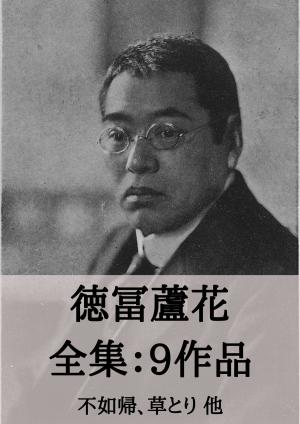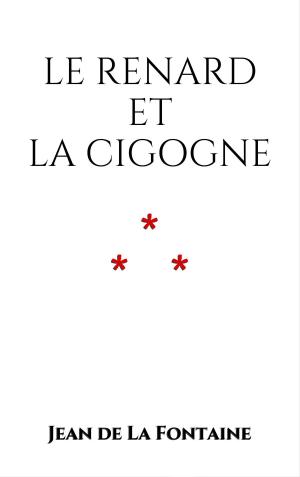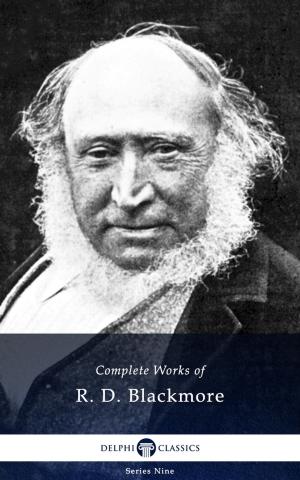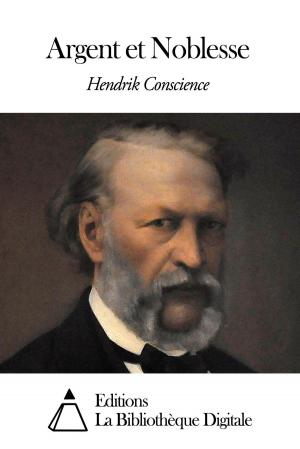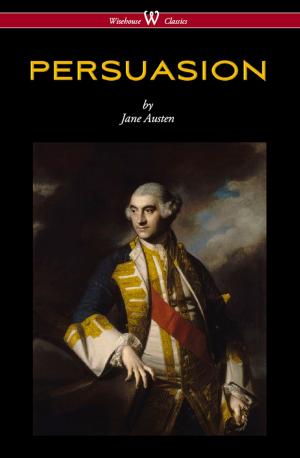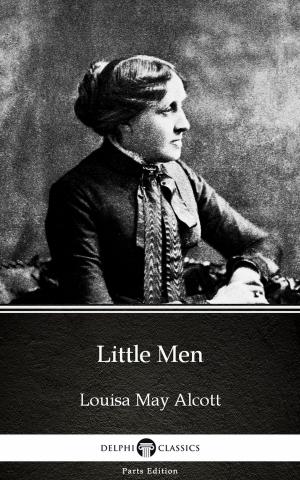| Author: | Irvin S Cobb | ISBN: | 9781508027423 |
| Publisher: | Dead Dodo Presents Irvin S Cobb | Publication: | September 14, 2015 |
| Imprint: | Dead Dodo Presents Irvin S Cobb | Language: | English |
| Author: | Irvin S Cobb |
| ISBN: | 9781508027423 |
| Publisher: | Dead Dodo Presents Irvin S Cobb |
| Publication: | September 14, 2015 |
| Imprint: | Dead Dodo Presents Irvin S Cobb |
| Language: | English |
Dodo Collections brings you another classic from Irvin Shrewsbury Cobb, ‘Local Color.’
Felix Looms, the well-known author, disappeared - or, rather, he went away - on or about June fifteenth, four years ago. He told his friends, his landlady and his publisher - he had no immediate family - he felt run down and debilitated and he meant to go away for a good long stay. He might try the Orient; then again perhaps he would go to the South Seas. When he came back, which might be in a year or two years or even three, he expected to bring with him the material for a longer and better book than any he had written. Meantime he wanted to cut loose, as he put it, from everything. He intended, he said, to write no letters while he was gone and he expected to receive none.
Cobb is remembered best for his humorous stories of Kentucky and is part of the American literary regionalism school. These stories were collected first in the book Old Judge Priest (1915), whose title character was based on a prominent West Kentucky judge named William Pitman Bishop. Writer Joel Harris wrote of these tales, "Cobb created a South peopled with honorable citizens, charming eccentrics, and loyal, subservient blacks, but at their best the Judge Priest stories are dramatic and compelling, using a wealth of precisely rendered detail to evoke a powerful mood."Among his other books are the humorous Speaking of Operations (1916), and anti-prohibition ode to bourbon, Red Likker (1929).
Dodo Collections brings you another classic from Irvin Shrewsbury Cobb, ‘Local Color.’
Felix Looms, the well-known author, disappeared - or, rather, he went away - on or about June fifteenth, four years ago. He told his friends, his landlady and his publisher - he had no immediate family - he felt run down and debilitated and he meant to go away for a good long stay. He might try the Orient; then again perhaps he would go to the South Seas. When he came back, which might be in a year or two years or even three, he expected to bring with him the material for a longer and better book than any he had written. Meantime he wanted to cut loose, as he put it, from everything. He intended, he said, to write no letters while he was gone and he expected to receive none.
Cobb is remembered best for his humorous stories of Kentucky and is part of the American literary regionalism school. These stories were collected first in the book Old Judge Priest (1915), whose title character was based on a prominent West Kentucky judge named William Pitman Bishop. Writer Joel Harris wrote of these tales, "Cobb created a South peopled with honorable citizens, charming eccentrics, and loyal, subservient blacks, but at their best the Judge Priest stories are dramatic and compelling, using a wealth of precisely rendered detail to evoke a powerful mood."Among his other books are the humorous Speaking of Operations (1916), and anti-prohibition ode to bourbon, Red Likker (1929).
